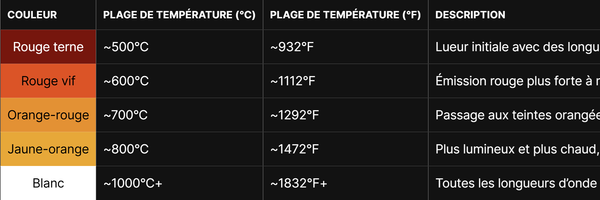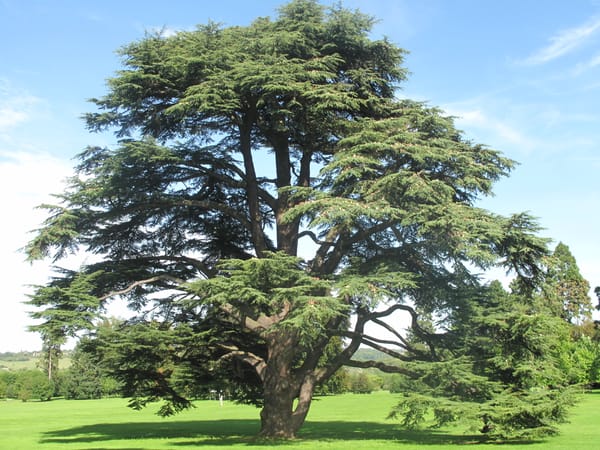Balsam Fir Firewood Profile
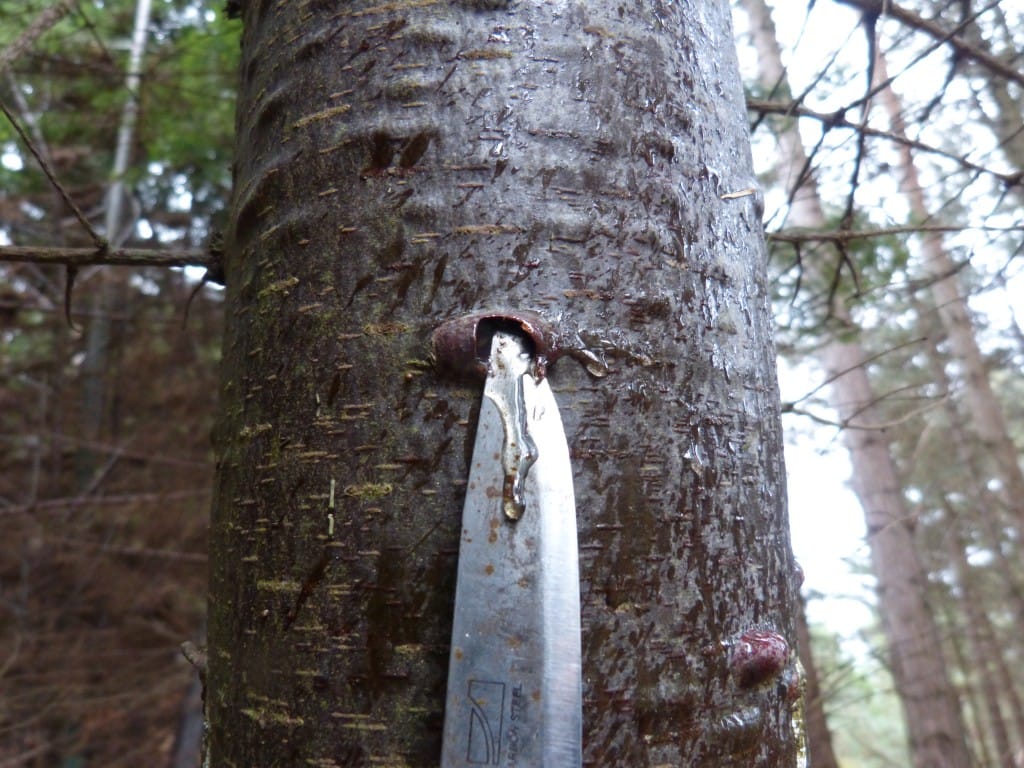
Balsam Fir is a Softwood known for its delicate appearance and subtle fragrance. With a low BTU output of 14.4 million BTU per cord and a Moderate burn time, its overall performance is very limited—its rating of 3/10 indicates that it is a poor firewood option.
Firewood Characteristics
| Property | Value |
|---|---|
| Wood Type | Softwood |
| Specific Gravity | 0.4 |
| Dry Weight (lb/ft³) | 26.8 |
| Dry Weight (kg/m³) | 429 |
| BTU per Cord (million BTU) | 14.4 |
| Ash Content | Low |
| Coals Formation | Low |
| Seasoning Time | 3 months |
| Burn Time | Moderate |
| Wet Weight (lb/ft³) | 44.7 |
| Wet Weight (kg/m³) | 715.0 |
| Weight by Cord, Dry (lb) | 2278 |
| Weight by Cord, Dry (kg) | 1034 |
| Weight by Cord, Wet (lb) | 3800 |
| Weight by Cord, Wet (kg) | 1723 |
| Moisture Content | 100.0% |
| BTU per kg | 13942.96 |
| BTU per lb | 6324.43 |
| Rating | 3 |
Common Locations
Balsam Fir is native to the colder regions of North America, particularly in the northeastern United States and eastern Canada. It thrives in cool, moist forested environments.
Toxicity Considerations
There are no significant toxicity concerns associated with burning Balsam Fir. As with any firewood, ensure proper ventilation when burning to avoid potential irritation from smoke or volatile compounds.
Identification Tips
Identifying Balsam Fir can be done by examining these key characteristics:
- Bark:
The bark is relatively smooth and light-colored, often exhibiting a slightly scaly texture. - Color:
The wood is pale and creamy, with a light overall tone. - Grain:
The grain is typically fine and uniform, lacking prominent or decorative patterns. - Smell:
When freshly cut or burned, Balsam Fir emits a mild, resinous aroma characteristic of many softwoods.
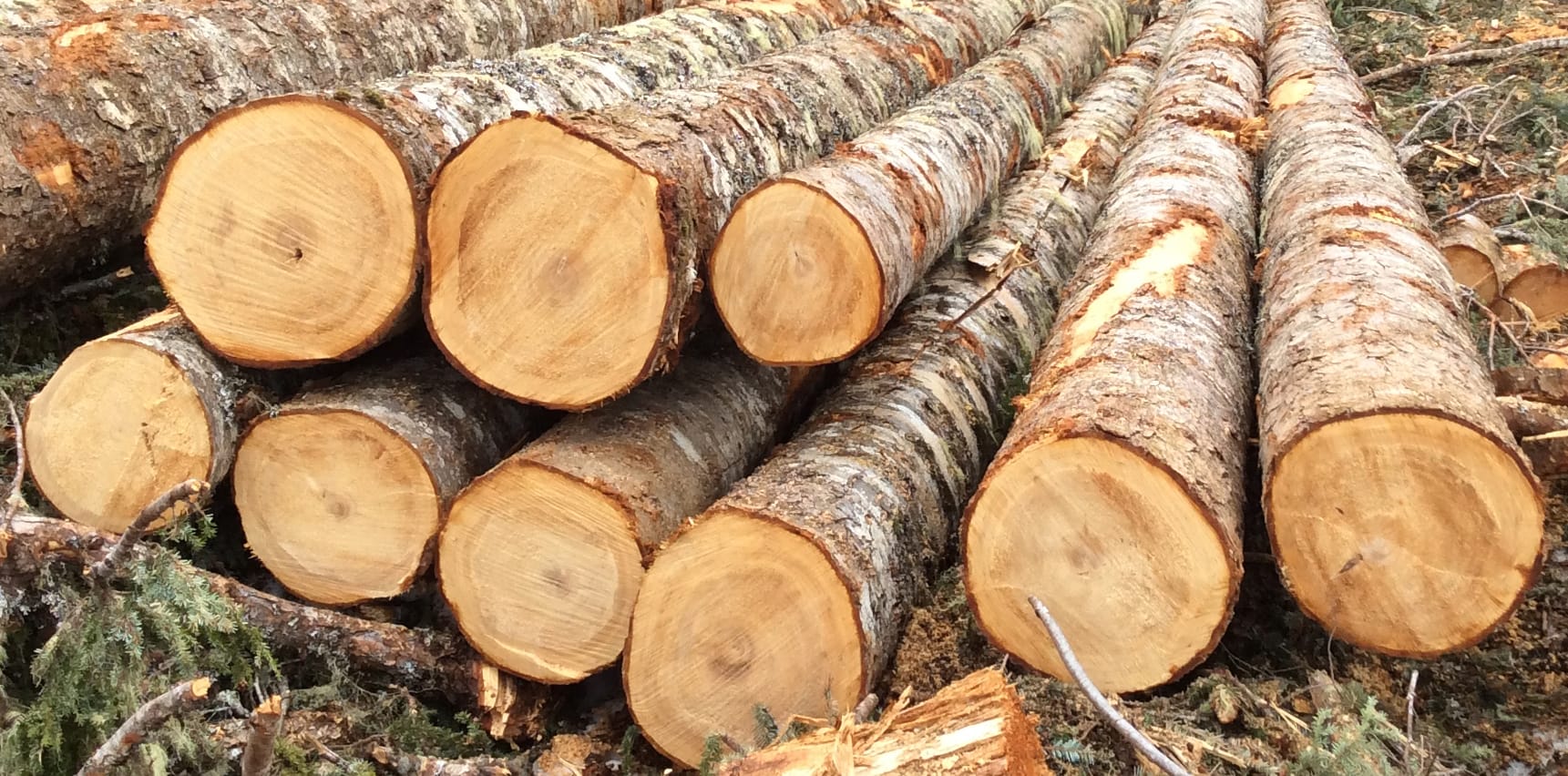
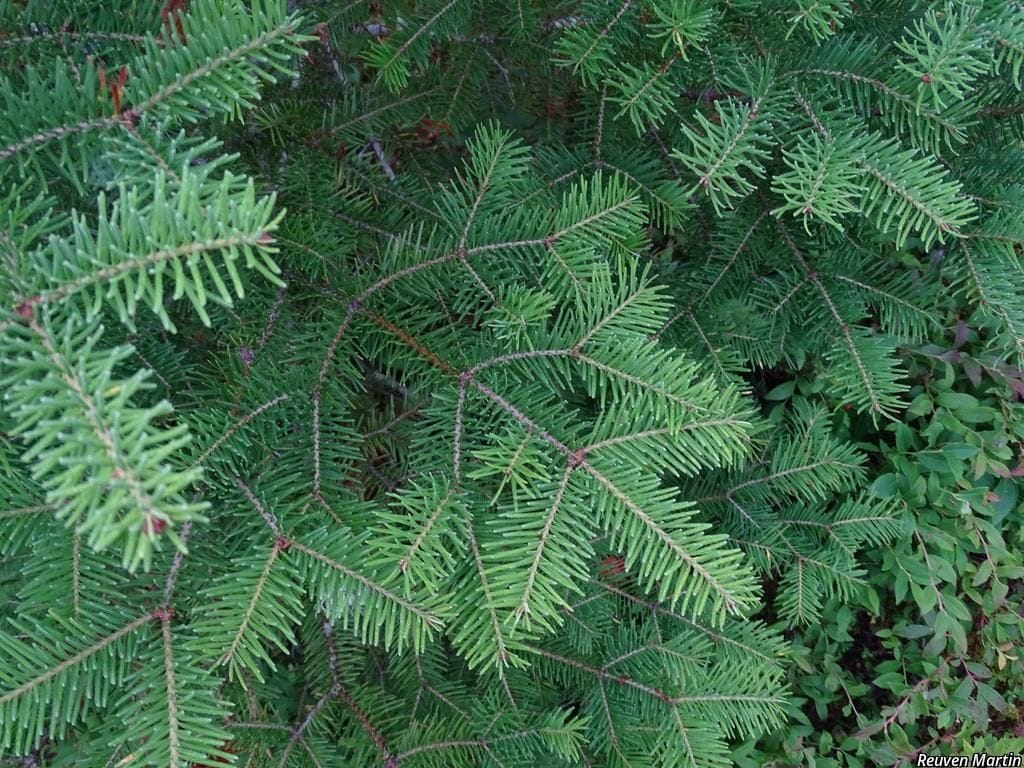
Usage & Storage Tips
- Seasoning:
With a seasoning time of 3 months, it is essential to store Balsam Fir in a dry, well-ventilated area to reduce its moisture content. - Burning:
For best performance, use this wood in a well-ventilated fireplace or stove. - Storage:
Keep the wood off the ground and in a sheltered area that still allows for proper airflow to maintain its quality.


